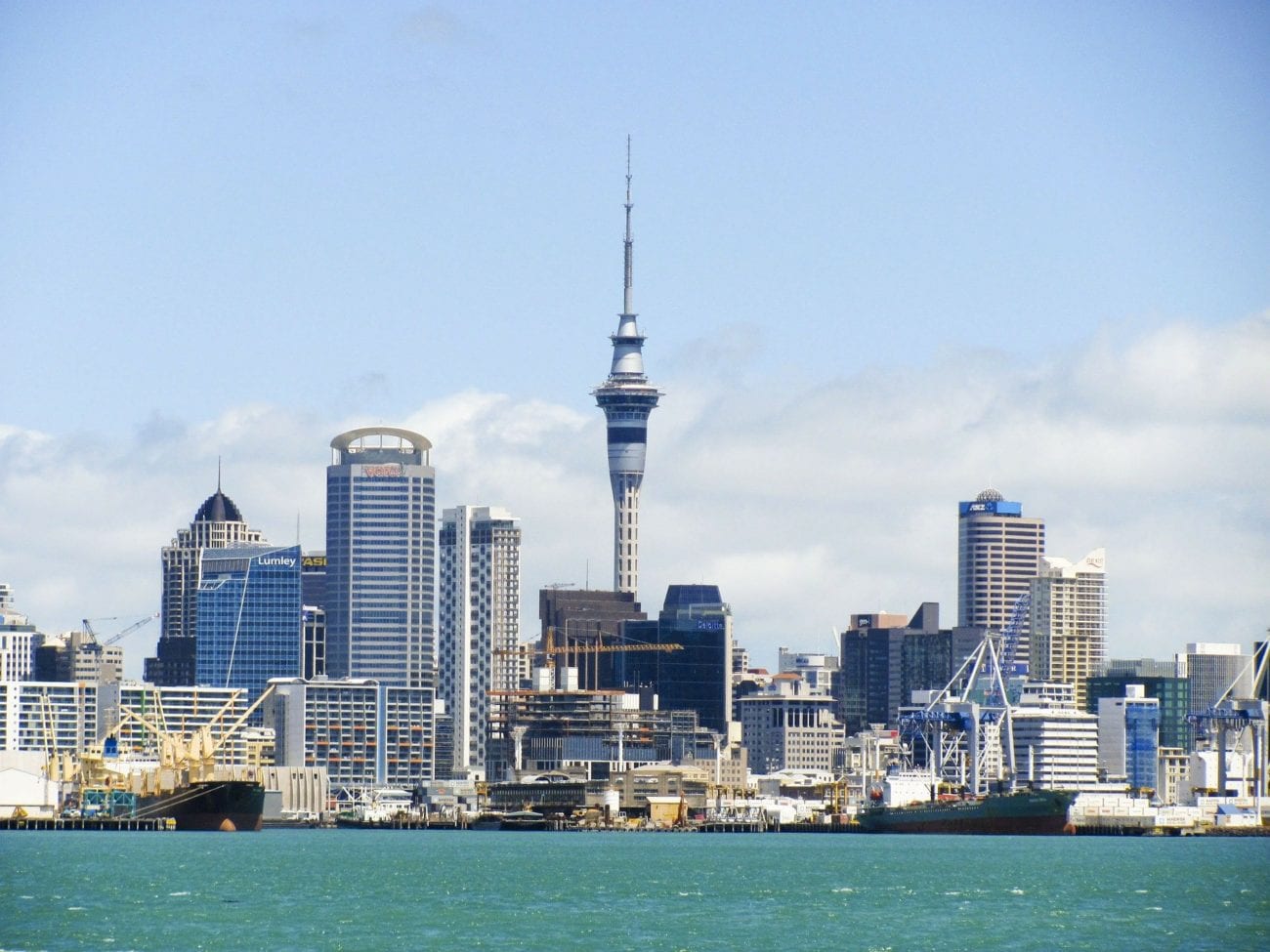Lotto NZ to reopen more locations as Covid-19 measures eased

Lotto New Zealand has announced it is to reopen more of its sales outlets across the country after the government further eased social distancing measures related to the novel coronavirus (Covid-19) pandemic.
New Zealand yesterday (13 May) moved to Alert Level 2 of the coronavirus alert system, enabling more businesses to reopen to the public, provided they follow the relevant public health guidance.
As such, Lotto NZ said it would implement increased hygiene practices across all of its counters, as well as ensure staff and customers adhere to social distancing rules.
Ticket write-up counters will remain closed, while customers will not be able to scratch Instant Kiwi tickets inside stores. Players will also need to use the ticket checker to see if they have won, with retailers only validating winning tickets.
However, Lotto NZ noted that while the majority of its counters would reopen as a result of the move to Alert Level 2, some will remain closed, including those in Relay stores and some independent outlets.
“We’re committed to keeping both retailers and customers safe, while still allowing people to purchase their tickets,” Lotto NZ chief executive Chris Lyman said. “We’ve also added in some extra safety precautions for transactions – so these may take a little bit longer. We ask that people be patient, and be kind.
“We have seen a big increase in customers purchasing their tickets online during the lockdown, which has been fantastic, but sales over the lockdown have decreased to around 60% of what we would normally see at comparable jackpot levels.
“This ultimately means less community funding, so we’re pleased to have the retail part of our business up and running again, giving our customers an option to buy their tickets in open stores if they wish.”
Lotto NZ generates funding for New Zealand communities, with 100% of profits going to more than 3,000 good causes around the country each year. Lotto NZ is also a significant funder for Sport New Zealand, New Zealand Film Commission and Creative New Zealand.
“With retail stores able to re-open this week we can continue to generate funding for New Zealand communities, many of which will need it now more than ever,” Lyman said.
Lyman added that players who do not want to visit stores can still play online, while consumers can also wait to claim any prizes from physical tickets until a later date when the Alert Level is lowered again.
“The most important thing is that we keep everyone safe during this time, which means following the government’s advice on Covid-19. Never has there been such an important time for Kiwis to help other Kiwis,” he said.
Lotto NZ halted all retail sales when the country entered lockdown at the end of March, temporarily closing its counters in pharmacies, dairies, petrol stations and supermarkets, though customers were still able to purchase tickets online.
However, at the end of April, Lotto NZ reopened its counters inside dairies and convenience stores after the government moved to Alert Level 3. At the time, counters at other locations were not allowed to reopen until Alert Level 2 came into effect.
The downgrade to Alert Level 2 could also allow other sectors of the gambling market to recommence certain activities. On 1 May, New Zealand’s Racing Industry Transition Agency (RITA) confirmed the transitional calendar for the remainder of the 2019-20 horse racing season.
Harness racing in New Zealand is set to resume on 29 May, with thoroughbred racing to follow on 3 July. However, the revised calendar will feature racing at a reduced number of tracks to ensure racing is run in line with government measures designed to stop the spread of coronavirus.
This week, RITA welcomed a NZD$72.5m (£35.5m/€40.1m/US$43.2m) support package from the country’s government. The package is made up of a $50m grant plus up to $20m on two new synthetic racetracks, with $2.5m set aside for the Department of Internal Affairs to distribute from community and sports associations who typically receive a portion of gambling revenue.
